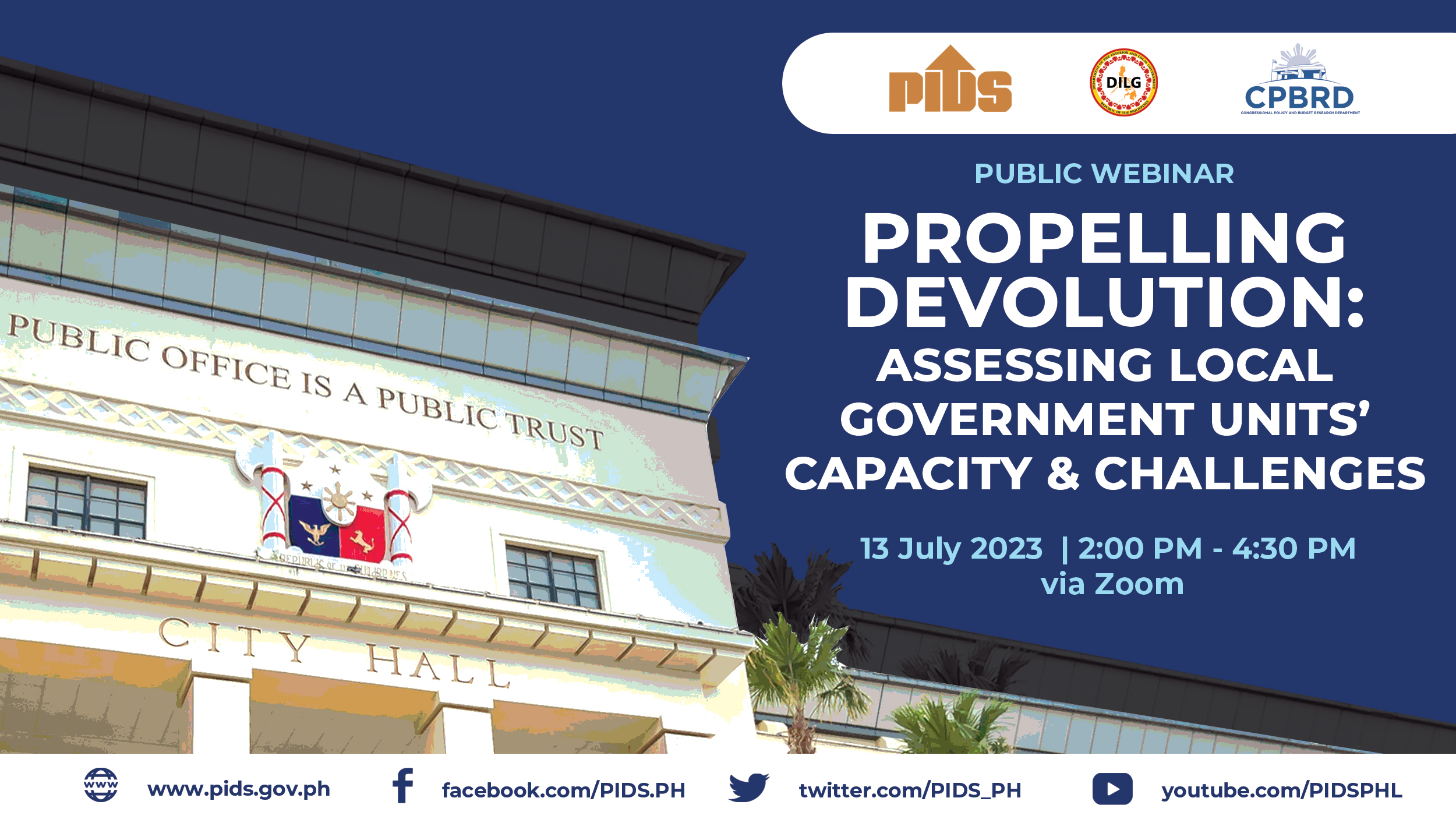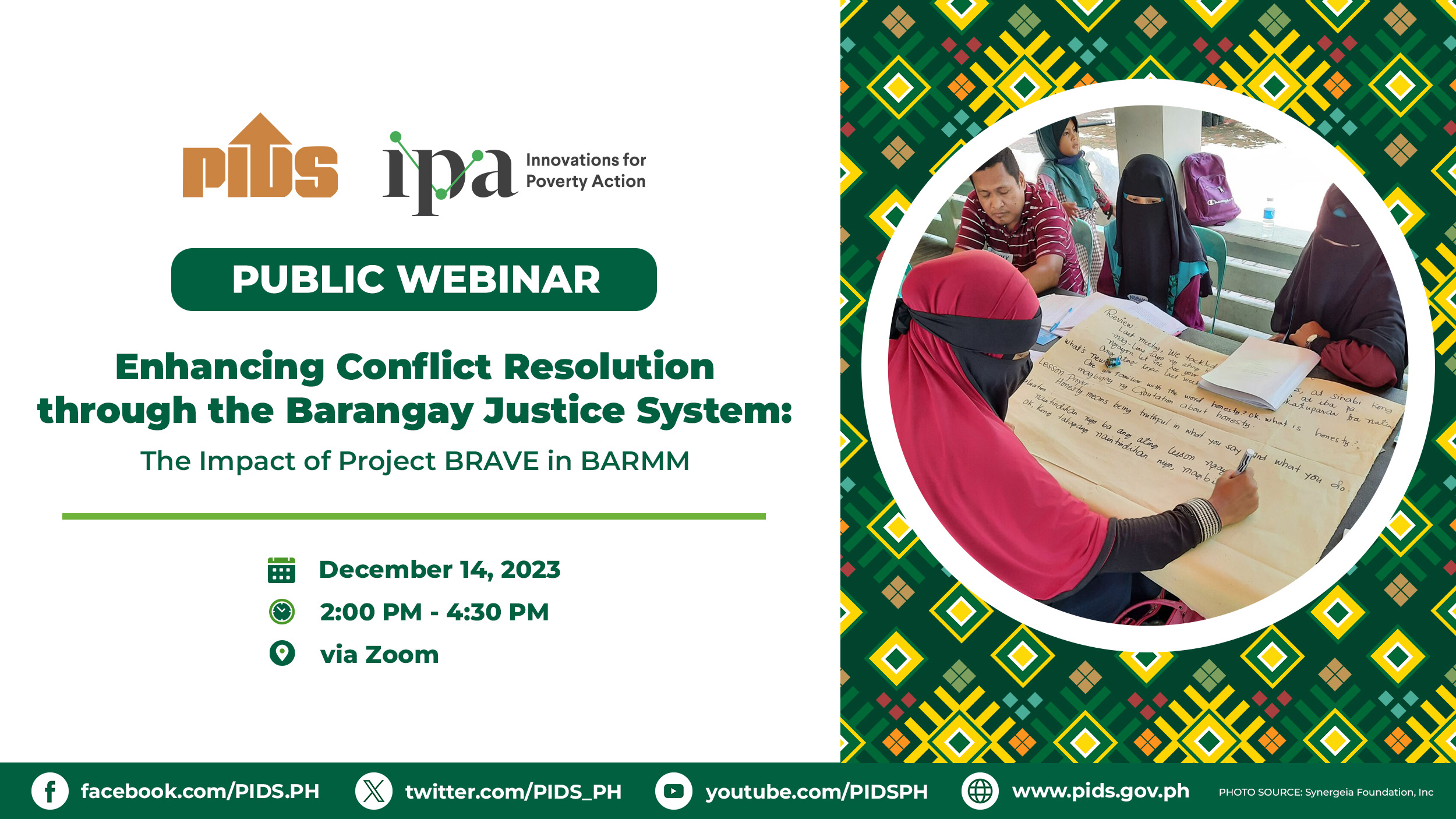IN the ongoing debate on what type of government is better suited for the country, many people interchangeably use the terms “federal form of government” and “federal system of government” to refer to what should be the alternative to the current unitary system.
“Form” and “system” may indeed be used interchangeably but, if we’re to be strict about it—and accurate—we should be using the latter when referring to both the unitary and federal types.
The dictionary defines a system as a “group of interrelated, independent or interacting elements forming a collective entity,” or “a methodical arrangement or assemblage of parts, facts, concepts,” while a form is the “particular shape or configuration of something as distinct from its color, texture, etc.; the particular mode or appearance in which a thing manifests itself.”
If that’s the case, the federal system can have a presidential-unicameral parliamentary form, or a presidential-bicameral parliamentary form.
What’s the best form under a federal system? That’s what the consultative committee (Con-com)tasked to come up with a draft Charter will have to decide. That is, if there’s already agreement that a federal system is more preferable than the unitary system. But that’s another story that should be tackled at another time.
Anti-dynasty move gains support
While on the subject of Charter change (Cha-cha) that seeks, among others, to shift to a federal system of government, another key issue is whether we should put our collective foot down on political dynasties. These dynasties, according to political scientists, have been responsible for perpetuating poverty in the provinces they control through the deft use of the tried-and-tested formula of “guns, goons and gold.”
The 1987 Constitution expressly provides for a prohibition on political dynasties but left it to Congress to come up with an enabling law. Not unexpectedly, various bills in Congress seeking to give flesh to the constitutional provision ended up in the trash can. After all, would the members of political families that have dominated the legislature commit hara-kiri by voting in favor of anti-dynasty measures?
But the winds of change have started blowing in the right direction, that is, in the faces of entrenched political families, as there is a growing clamor for an end to political dynasties in this country.
That political dynasties may soon be a thing of the past is evident in the collective stand of leaders of the premier schools of government and development management in the country against it.
Among the institutions are the Ateneo School of Government, University of the Philippines National College of Public Administration and Government, AIM Stephen Zuellig Graduate School of Development Management, Philippine Institute for Development Studies and Jesse M. Robredo Institute of Governance.
In a statement, the heads of these academic and research institutions recently expressed full support for the stand of 13 lawmakers who signed the Senate committee on electoral reforms and people’s participation’s report banning political dynasties.
The senators, they said, “have broken an over 25-year-old impasse on a key reform by supporting political dynasty regulation. This is a reform that the 1987 Constitution called for our leaders to pass into a law in order to prevent the monopoly of political power.”
The Senate bill seeks to prohibit immediate and extended relatives from running for public office to succeed or replace or simultaneously seek a post as an incumbent relative in the same area, among others.
The Con-con on Cha-cha convened by President Duterte to come up with a draft Constitution that would be deliberated upon by Congress acting as a constituent assembly has already recommended a ban on political dynasties.
These all represent a big step forward, from where we sit, in having a level playing field in Philippine politics and governance.
We really hope the days of political dynasties in this country are already numbered. We can’t wait to give them a decent burial.
An exercise in futility
Should the peace talks between the government and the communist-led National Democratic Front be restarted? Defense Secretary Delfin N. Lorenzana recently slammed the door on any resumption of talks with the NDF as he lamented that the rebels were far from serious in talking peace and interested only in what advantages they can get across the negotiating table.
Even as Duterte and the defense and military establishments appear to be firm in their position that the talks with the NDF should not be resumed as the Communist Party of the Philippines (CPP) and its military component, the New People’s Army (NPA), are already “terrorist organizations,” members of the House of Representatives recently crossed party lines to urge the President to “listen to the clamor of the people” and to return to the negotiating table.
House Resolution 1803 is supported by 61 lawmakers who said agreement on comprehensive agreements on socioeconomic and political reforms would “lay the basis for a just and lasting peace.”
“Continuing the peace talks would benefit the Filipino people, most of whom are poor peasants and workers, as the agreements on agrarian reform and national industrialization may address their issues and concerns and help provide relief for their economic hardships,” the lawmakers pointed out.
Will Duterte heed the call of the lawmakers? Or will he stick to his earlier stand that the talks are off unless the CPP-NPA stops attacks on government forces and its so-called “revolutionary taxes,” and are willing to lay down their arms?
The resumption of the talks should be contingent, we think, on the willingness of the NDF to declare a temporary cease-fire for the duration of the negotiations. A mutual declaration of temporary cease-fire would send a clear message to the public that both sides are sincere and acting in good faith to discuss the root causes of armed rebellion and how to solve them.
Talking while government troops and NPA rebels are engaged in deadly combat on the ground is an exercise in futility and a colossal waste of time, resources and energy that will not bring us closer to the attainment of a just and lasting peace.
E-mail: ernhil@yahoo.com.












